SRQ DAILY May 16, 2020

"They understood that every day that passed without action, could make the difference in whether a business closed for good."

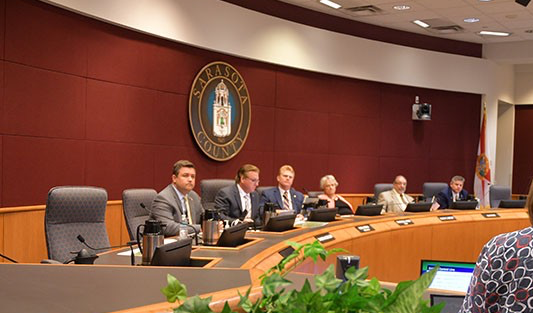

COVID-19 has wiped out many small businesses. Many local businesses went into debt to pay their employees as long as they could, knowing there would be no unemployment system to help them. Some business owners had completely drained their life savings and more.
The suffering has been immeasurable and the emotional toll exhausting. CPAs are spending a lot of time counseling their local small business clients financially and emotionally, as many are paralyzed and distraught not just over their personal situations, but that of their employees.
Due to state government restrictions on opening, many businesses are going further into debt in the hopes of getting some of their employees fed. They would like to take all of their employees back, but they are not sure how long they will last on what little liquidity they have. That’s when our local business associations come in to help.
The Coalition of Business Associations (COBA) is comprised of The Argus Foundation, The Economic Development Corporation of Sarasota County, The Greater Sarasota Chamber of Commerce, The Gulf Coast Builders Exchange, Lakewood Ranch Business Alliance, Manatee Sarasota Building Industry Association, the North Port Area Chamber of Commerce, Realtor Association of Sarasota Manatee, the Siesta Key Chamber of Commerce, Suncoast Chapter – Florida Restaurant and Lodging Association, Venice Area Chamber of Commerce and Visit Sarasota County. COBA organizations represent over 7,000 local businesses/employers in the Sarasota region.
On May 1, the Commissions and Managers of many local governments in Sarasota County, received a letter from COBA with specific requests and actions of each government body to help get businesses running and employing more people. These specific suggestions were to help get our economy moving again in the “new normal,” as many local regulations hamstrung businesses from operating outdoors or making repairs or safety improvements when there is no cash flow for permits.
The speed of the implementation of these requests would be key and would make a difference in terms of how many employees can get re-employed and how long a business would be able to hang on.
The Sarasota County Commission discussed the items two business days after the letter was received and acted immediately on as many items as they possibly could on the third day.
They clearly understood the urgency. The message they sent was one of wanting to help businesses get going again and therefore get people employed again.
The City of North Port special set the letter on their special meeting which was seven days after receiving the letter. They waived fees on temporary use permits to allow restaurants to use outdoor areas. Three business days after that, they gave the City Manager direction by unanimous consent to reduce building permit fees by 25% to help everyone.
These governments realized that keeping these businesses would help all taxpayers and get those who could not access unemployment, working again. They understood that every day that passed without action, could make the difference in whether a business closed for good. These two governments were responsive, helpful and kept their priorities in order.
They made tough and rapid decisions and their communities are better for it. These two governments communicated back instantly to the business community. Not all local governments were responsive; some were indifferent to the economic pain of not being able to feed your family.
As a community, we need to know what governments and elected officials were responsive, and we need to thank them. Thank you Sarasota County and North Port. You have eased some of the pain for your communities.
Christine Robinson is executive director for The Argus Foundation. 
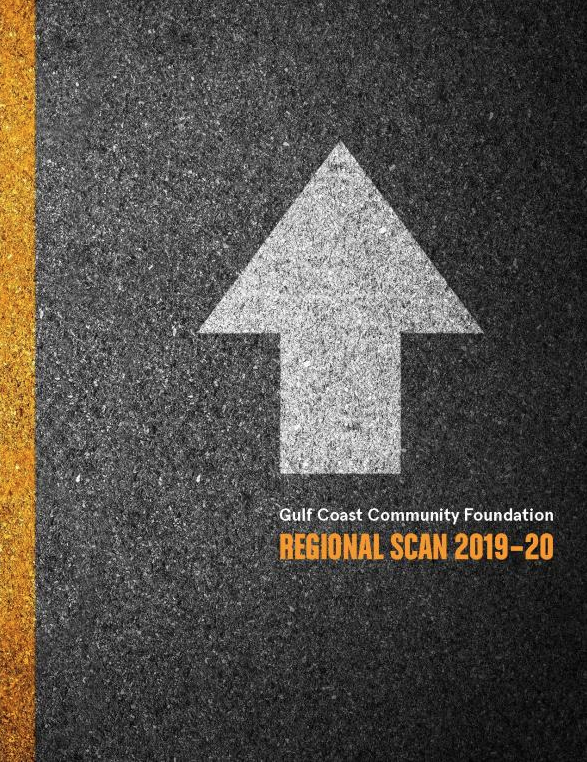

Uncertainty remains a defining trait of COVID-19 and how communities are responding to it. From the virus itself (Is it safe to go out? Will a second wave hit?) to the economic and social impacts (Will those awaiting unemployment benefits get them? What happens after Florida’s eviction moratorium ends?).
Together with our donors and in partnership with Charles & Margery Barancik Foundation, Gulf Coast Community Foundation has been investing in relief for overwhelmed families, stretched service providers, and strained systems. Now, more than six weeks into our COVID-19 Response Initiative, we’ve started seeing shifts in funding requests as nonprofits look toward longer-term stabilization and planning. At the same time, basic needs remain unmet for many in our region, and new people fall into crisis each day.
Take two grants we awarded last week: One will help Centerstone Florida hire new IT staff to improve access, effectiveness, and sustainability of virtual mental-health counseling for thousands of high-need clients. The other covers materials so a group of Suncoast Science Center volunteers can make more face shields and masks needed by local health-care facilities. That dichotomy of capacity building for the “next normal” and urgent response to an emergency need exemplifies our current state. The COVID-19 crisis is unlike other disasters or downturns we’ve dealt with, and learned from, before. Discrete phases of response, recovery, and rebuilding won’t apply like they do when a hurricane blows through.
But we do know some things.
Working closely with community leaders and partner agencies on the ground, we’ve gained clarity on where the most intense community needs are likely to persist. Over the coming six months, we anticipate that our region will need the most help in these areas:
• Mental health care
• Affordable housing
• Food security
• Reemployment assistance
• Childcare and early education
It’s telling that the first two on that shortlist also topped the priorities identified in Gulf Coast’s 2019 regional scan report—released last summer, long before COVID-19 exacerbated them. This highlights another crystallizing characteristic of the current moment: Different sectors will improve at different rates and scale, depending largely on where they stood before the pandemic.
Feeding families in need, for example, will be a major and costly priority. But the infrastructure our community has built over several years, with All Faiths Food Bank serving solidly as the hub of our hunger-relief system, positions us to respond nimbly and capably. Access to workforce housing and essential mental-health services, on the other hand, were woefully inadequate before this. Florida is near bottom in the nation in per-capita spending on mental health and in payment of unemployment claims. For systems that were broken already, “recovery” to a pre-pandemic state won’t meet our communities’ growing needs, not by a longshot.
We’re also losing hard-won ground in other areas, such as substance abuse. By putting several successful community programs into place, we actually pushed this issue off the regional priority list between our 2017 and 2019 research scans. But overdoses are quietly slipping back to crisis levels. In the first two weeks of this month, our region saw double the opioid overdoses and deaths we experienced all of last May.
That’s why we continue to work in broad collaboration on projects like our Here4YOUth mental-health initiative and enhancing our homeless-services system, even as we’ve focused on COVID-19 response. Since April 3, when the Governor’s safer-at-home executive order was issued, our local Continuum of Care for homeless services has moved 345 households comprising 487 individuals into housing. That includes 89 clients with the “highest acuity of need,” meaning they’re the very hardest to place into permanent homes.
The philanthropic generosity of our region has made wins like that possible. It also has prevented other entrenched problems from devolving into severe crises. Such generosity—and more—will be needed for some time to come. Fortunately, another certainty is that our community of givers will continue to lean in.
But philanthropy alone can’t solve problems that have been building for years, in some cases decades, before COVID-19 exposed how deep they run. We need leadership with the integrity to forge solutions thoughtfully and rationally, regardless of political expediency. We need committed collaboration across sectors—public, private, as well as independent. We need innovation and excellence at all levels of our community, like what we’ve been seeing from our strongest nonprofit partners.
I’m an optimist. I believe we live in a community that can and will rise to these needs, as we’ve done before. When faced with the adversity of a destructive hurricane, we have immediately pooled our talents and resources to minimize suffering and move forward together. We have proven that human ingenuity and compassion are far more powerful than any storm. We can do the same with this virus.
Mark Pritchett is the President and CEO of the Gulf Coast Community Foundation. 

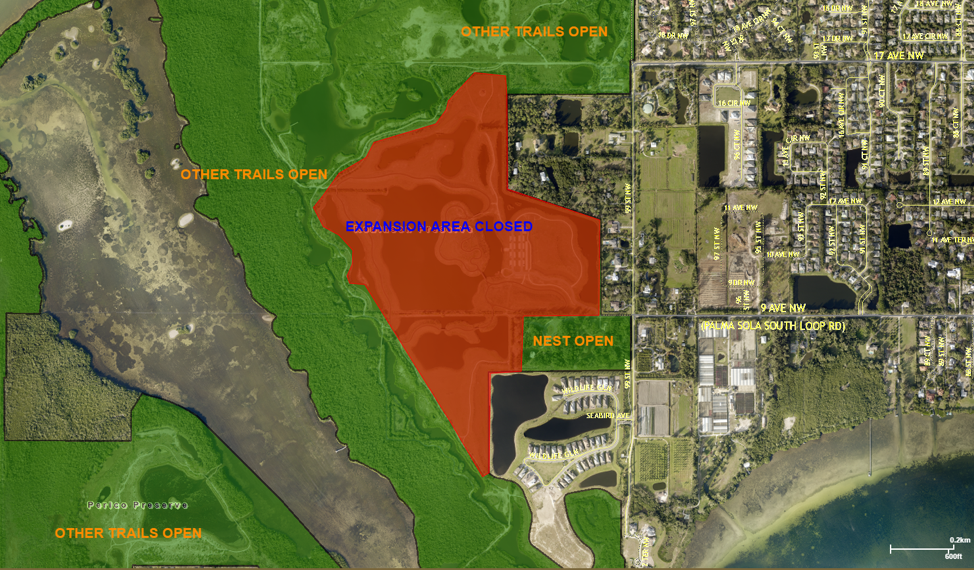
Work is set to resume on the final construction phases at Manatee County's popular Robinson Preserve Expansion. The Parks and Natural Resources Department will oversee habitat restoration on 135 acres located at the expansion area of Manatee County’s most popular natural preserve.
Public access will be closed to the construction area but all other trails into Robinson Preserve will remain open to the public, including the Mosaic Center for Nature, Exploration, Science and Technology (the NEST).
The $2.8 million restoration project will begin May 26 and last approximately seven months. During the project, heavy equipment will be used to enhance fisheries habitat, and install native plants. Crews will also use the closure time to construct new pavilions, restrooms, kayak storage tubes, benches and trailside shade structures. The habitat restoration project, partially funded with BP Oil Spill dollars, is designed to local fisheries, and restore native habitats. The project is being funded through a combination of grants including a $1.5 million contribution from National Oceanic Atmospheric Administration (NOAA) as a result of the Deep Water Horizon/BP Oil spill. The remaining $500,000 comes from the Southwest Florida Water Management District and the Florida Fish and Wildlife Conservation Commission.
"Bringing the last phase of environmental construction to completion at Robinson Preserve meets a pledge we make every day to our community to prioritize environmental restoration and coastal water quality improvement in ways that allow the public to renew their connections with nature, reaffirm their own health and wellness and proudly share these experiences with family, friends and visitors from around the world," said Parks and Natural Resources Director Charlie Hunsicker. "This phase of our restoration serves as an affirmation that out of the catastrophic fire and oil spillage from the Deep Water Horizon disaster, we can apply funding NOAA and other government partners in Robinson Preserve to create a resilient and diverse water quality environment today and for all generations to follow."
The Robinson Preserve Expansion was started in 2012 with a donation of the 150-acre Expansion Parcel to Manatee County from the Conservation Foundation of the Gulf Coast which acquired the land at a discounted rate from the Robinson family using a monetary pledge from the Mosaic Company Foundation of $3.2 million.
Robinson Preserve first opened to the public in 2007 after habitat improvements were made to the original 482 acres. With the expansion in 2012 and the addition of the Winston Tract in 2016, the total area of Robinson Preserve now exceeds 684 acres. The project beginning later this month will likely mark the final phase of an immense effort by numerous entities to preserve and protect some of the County’s most valuable natural assets while providing passive recreational opportunities to hundreds of thousands of visitors every year. 


Join Lemon Tree Kitchen for their alfresco dining on the open air patio. You can dine in at 25% occupancy, do curbside takeout or order online for delivery with Bite Squad and Door Dash. Daily Blue Plate Specials include: Tuesday: The Cobb Sammi, $12; Wednesday, Wood Oven Cheese Pizza, $10; Thursday, Pan-Seared Tofu, $10; Friday, Bird in a Bag, $18; and Saturday, Big Turkey Meatballs Bowl, $11. 
Selby Gardens' Downtown Sarasota and Historic Spanish Point campuses will be re-opening to members only on Tuesday, May 26 and to the general public on Wednedsay, May 27. The Selby Gardens' phase one re-opening will be limited to outdoor spaces only. 
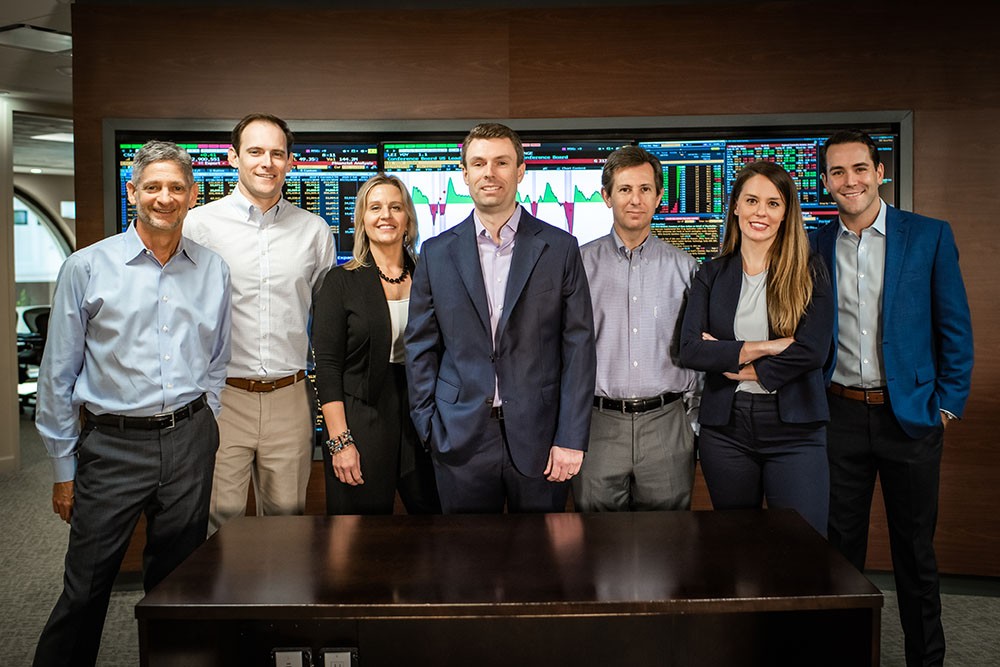
Allegiant Private Advisors has increased the firm’s philanthropic contributions in response to the economic effects of the coronavirus outbreak. The Sarasota-based independent firm which provides fiduciary-level financial planning and investment advisory services has donated more than $50,000 to 12 nonprofit organizations in the local community over the past month.
As professional advisors and financial analysts who specialize in all aspects of money management, the Allegiant team regularly guides clients aiming to make the most impact with their charitable giving. As a company, they evaluated and donated to key organizations which are supporting local individuals and families experiencing uncertainty and financial hardship during this time of unprecedented need. Many of the firm’s donations were processed through the 2020 Giving Challenge hosted by the Community Foundation of Sarasota County, with giving strengthened by The Patterson Foundation, on April 28 and 29, while other gifts have been made directly to nonprofit organizations which have additional matching grants in place to maximize funding.
“With so many nonprofit organizations facing an interruption of their normal funding avenues we have shifted our own operating budget to further support the fabric of our community with key unrestricted funds for nonprofits,” said Allegiant Private Advisors President Benjamin W. Jones, CFP®, AIF®. “As a boutique firm established in Sarasota nearly a quarter-century ago, our team felt inspired to increase our support of our wonderful community. We hope our actions inspire others to act as well.“
The Allegiant staff serves on nonprofit boards, helps fundraise, volunteers for activities, and helps clients support the causes that are important to them. All of Allegiant’s wealth advisors earn the Accredited Investment Fiduciary® designation so that they can advise nonprofit boards in areas such as financial management, fiduciary responsibility, and the design of reporting and performance protocols.
“As we continue to advocate and act on behalf of clients, the Allegiant team remains committed to supporting and advising nonprofits as well,” Jones explained. “While it may currently be exclusively through virtual meetings, this is a time to rise together and remain connected.” 
Pictured left to right: Chairman Martin J. Kossoff, CFP®, AIF®; Director of Financial Planning Carl A. Watkins, CFP®, CDFA™, AIF®; Operations Manager Kristina A. Eastmond; President & Chief Investment Officer Benjamin W. Jones, CFP®, AIF®; Chief O
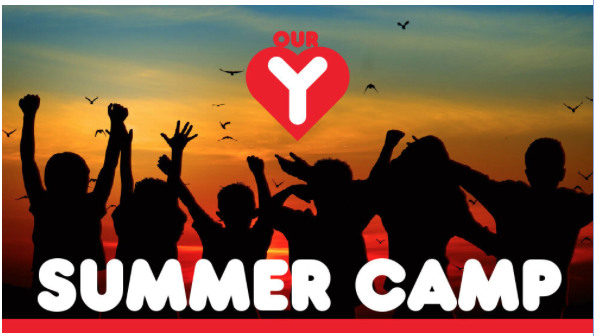
Our Y will be resuming programs for members on Tuesday, May 26, 2020. The results of the recent online survey demonstrates that most members are anxious to return on day one so the re-opening has been set two weeks from now to ensure a smooth opening that provides a safe environment for both our staff and members. 
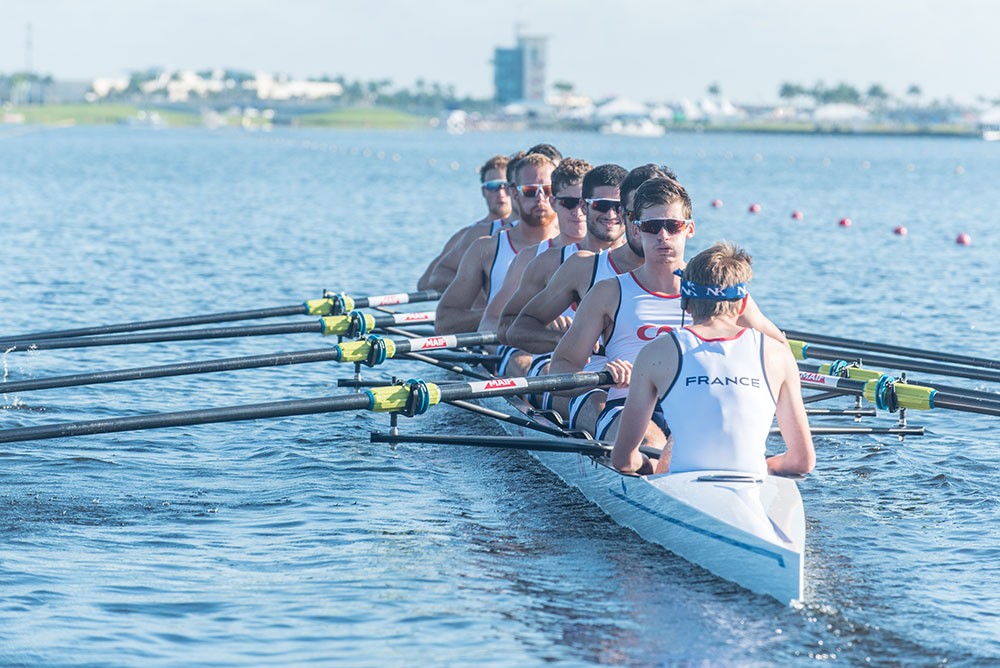
Nathan Benderson Park is asking residents to take their survey online to provide input and ideas. By taking the 15-20 minutes to complete the survey, you will be sharing valuable insight in crafting the future planning for initiatives at the park. Whether you visit it reguarly, occasionally or never, your opinion as residents matters. 
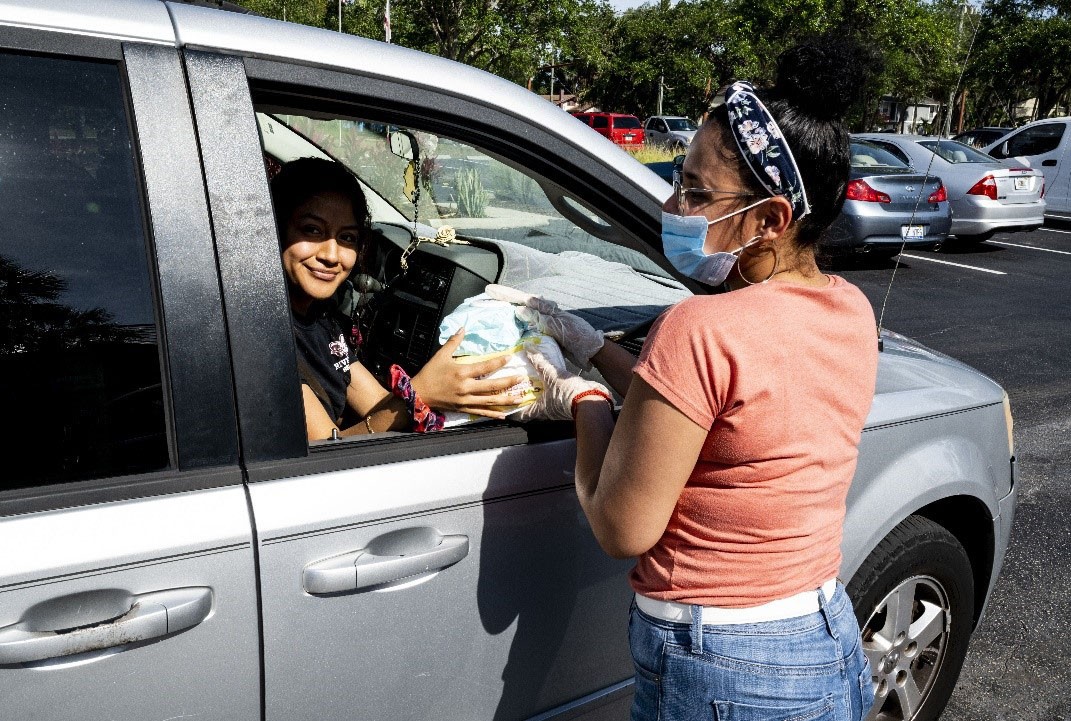
Even with demand for services increasing, health and human service organizations on the Suncoast are not backing away from a challenge.
Children First staff and volunteers are working on the front lines to serve families during the economic downturn as many of the 900 children and families the organization serves seek wrap-around services.
Throughout the year, the agency provides infant and toddler care, early childhood education, and parenting classes through its Families First Institute. However, more than 70% of their clients are now turning to the organization for additional necessities such as food, financial assistance, and supplies like diapers, wipes, and infant formula.
“During an unexpected crisis, our families are the first to hurt and the last to recover,” says CEO Philip Tavill. “We’re steadfast in continuing to serve our children and their parents when they need us the most, thanks to the support of our community partners.”
A $125,000 grant from Charles & Margery Barancik Foundation has fortified Children First to maintain its ability to provide immediate relief to its clients and retain staff and volunteers. Funds will also be used to pay program staff to assist families as they file for unemployment and apply for other assistance.
“Our support safeguards the integrity that makes Children First such a valuable community resource,” says Teri A Hansen, President | CEO of Barancik Foundation. 
The City of Sarasota has extended its declaration of a local citywide public health emergency through May 22 following a weekly review, as required by the City Charter, in response to the COVID-19 pandemic. The emergency order issued Friday by City Manager Tom Barwin, in consultation with Mayor Jen Ahearn-Koch and City Attorney Robert Fournier, also strongly urges the public to wear protective masks when leaving home, and to acquire protective masks if they have not already. 
DOH Sarasota is scheduled to host three by appointment only COVID-19 drive-thru testing sites throughout Sarasota County next week.
This community based COVID-19 testing is for anyone who is currently experiencing symptoms (fever, cough, shortness of breath or difficulty breathing, chills, repeated shaking with chills, muscle pain, headache, sore throat, new loss of taste or smell) or who works in a health care setting.
To date, DOH Sarasota has tested more than 1850 community members for COVID-19 during our community-based testing events.
To make an appointment, please call 941-861-2883, Monday - Friday from 8 a.m. to 5 p.m.
Callers will be screened using current CDC testing criteria. Appointments are limited however more testing opportunities may be scheduled in the future.
Additionally, while these are primarily drive-thru sites, DOH Sarasota can accommodate walk-ups, and people on bicycles.
North Port: Wednesday, May 20, 8 a.m. to noon - Heron Creek Middle School, 6501 West Price Blvd, North Port.
Venice: Thursday, May 21, 8 a.m. to noon - Venice Community Center, 326 Nokomis Avenue South on the island of Venice.
Englewood: Friday, May 22, 8 a.m. to Noon - Englewood Sports Complex, 1300 South River Road, Englewood.
All patients must have an appointment to be tested, please call (941) 861-2883 to be evaluated and scheduled for an appointment. 

SRQ DAILY is a daily e-newsletter produced by SRQ MEDIA. Note: The views and opinions expressed in the Saturday Perspectives Edition and the Letters department of SRQ DAILY are those of the author(s) and do not imply endorsement by SRQ Media. The views expressed by individuals are their own, and their appearance in this section does not imply an endorsement of them or any entity they represent. SRQ DAILY includes content excerpted from news releases as a public service. Reference to any specific product or entity does not constitute an endorsement or recommendation by SRQ DAILY. For rates on SRQ DAILY banner advertising and sponsored content opportunities, please contact Robinson Valverde at 941-365-7702 x703 or via email |
Powered by Sarasota Web Design | Unsubscribe











